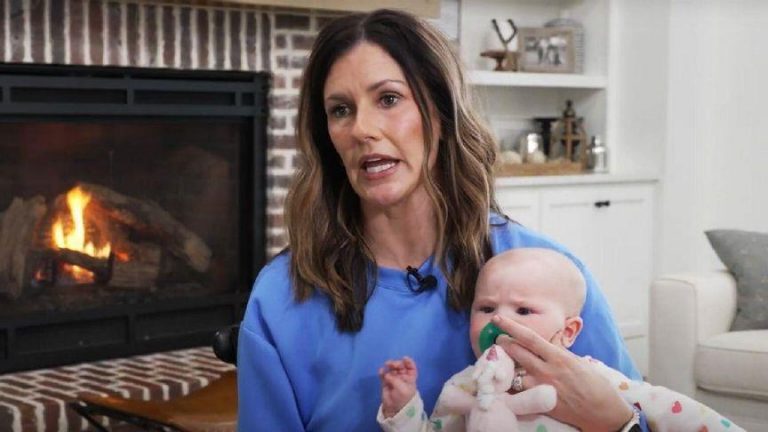Q: My doctor says I'm over-stressed and that's making my cortisol levels fluctuate wildly. I don't understand what cortisol has to do with anything. Can you offer me some info and a plan? -- Greg T., Fort Worth, TexasA: Chronic negative stress from work, family or other circumstances has health-changing effects that impact everything from your ability to concentrate to your heart function. It's often smart to seek psychotherapy to help you become aware of what is tying you in knots. But you also can do a lot to avoid the damage to your body that cranking out too much of the stress hormone cortisol and stress-impacted proteins can do. First -- what is stress? Well, it's a response to a situation -- and it can be positive. In fact, the stress response known as "fight or flight" maximizes your ability to avoid or counter danger. But it works best in situations where you can run away from danger or benefit from being fueled with extra strength. Stress also helps when there is a chance that you're going to be injured or exposed to an infection, because it stimulates the production chemicals that help regulate the immune system.But when fight or flight kicks in and you can't reasonably do either (you have to stay at work and you can't fight with your boss), then you're left with residual physical changes that cortisol and stress-induced proteins cause -- elevated blood pressure, inflammation, fatigue, cognitive problems, and an increased risk for weight gain and diabetes.That's why learning to manage stress is so essential. Smart steps include:-- Ditching added sugars, which can boost cortisol levels.-- Eating about 2.5 ounces of dark chocolate daily for two weeks. That lowers cortisol levels according to a study in Antioxidants.-- Taking omega-3 supplements. One study found that taking 2.5 grams a day for four months lowered cortisol levels by up to 33%.-- Enjoying 150 or more minutes weekly of aerobic activity.-- Practicing laughing yoga, mindfulness and deep breathing exercises. -- Enjoying your posse and your purpose* * *Q: I hate to admit it but sometimes, even when I am stuffed, I get obsessed with having something to eat. Why does this happen and how can I tamp down my food cravings? -- Sonia K, Ann Arbor, MichiganA: There are many reasons that you may crave food when you are not actually hungry: boredom, sadness, anger, fatigue, loneliness, even genetic predispositions. That's because eating something that registers as a treat or a consolation can elevate your level of hormones that reduce stress and activate your brain's reward centers. But luckily, so can exercise, interacting with your posse, doing something that matters to you and that helps others, and making sure you get quality sleep. And in the long run, discovering the pleasures and rewards of healthy nutrition and positive self-care, well, that offers the greatest rewards possible -- a happier, healthier, longer life.To be able to change how you make yourself feel better, you want to pay attention to the difference in how you feel when you have physical hunger and when you have what might be called "head hunger." Ask yourself what's going on in your head as you reach for that unhealthy snack. Write it down. Identify stressors and triggers. Some may be from outside stimulation such as a food commercial or from an aroma. Some may be purely internal -- from longings (of non-food things). Now, go munch a handful of celery, blueberries or walnuts instead. See how that makes you feel. Repeat this as often as cravings appear. You will discover a lot about why -- and about how to stop.And do check with your doc to see if any medication you are on, like steroids, anti-seizure drugs, certain antidepressants, or oral contraceptives might be fueling your cravings. For more info on making healthy food choices check out our updated "YOU On a Diet, the Owner's Manual to Waist Management" and iHerb.com's blog on "Mindful Eating."* * *Dr. Mike Roizen is the founder of www.longevityplaybook.com, and Dr. Mehmet Oz is global advisor to www.iHerb.com, the world's leading online health store. Roizen and Oz are chief wellness officer emeritus at Cleveland Clinic and professor emeritus at Columbia University, respectively. Together they have written 11 New York Times bestsellers (four No. 1's). (c)2024 Michael Roizen, M.D. Distributed by King Features Syndicate, Inc.






